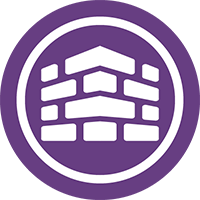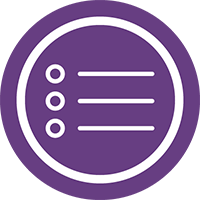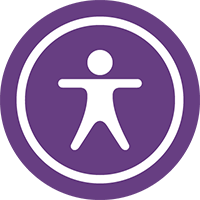In this is the first of three blog posts we will outline our seven digital core principles that should be used as a guide to underpin your digital teaching practice. In our two following posts, we will identify how you can effectively apply them to the college’s two main platforms LearnZone (FE and HE) and Microsoft Teams. Although these are our main platforms the seven principles should still be applied when engaging learners using additional apps.

Setup
To meet this core principle, you will need to setup online spaces using appropriate names and logical structures. This will help to ensure the space can be easily identified by your learners, colleagues, and the Digital Learning Team.
*We recommend using ProSolution course codes within naming conventions.

Organise
Building on the setup principles, organise focuses on the way you display your digital resources e.g. documents, activities, and assessments, and arrange these so that they are presented logically with consistent naming and signposting.
Building on the setup principles, organise focuses on the way you display your digital resources e.g. documents, activities, and assessments, and arrange these so that they are presented logically with consistent naming and signposting.

Manage
You will need to actively manage access to your digital spaces to help meet GDPR and ensure they are safe and secure.

Inform
To meet this principle, you need to ensure you inform learners of the key elements of each course, module or unit in your online spaces. You should use official course documentation to provide this and include an assessment schedule and contact details.

Engage
This principle recognises that for effective learning to take place, it is not enough to simply provide information, a range of activities must be provided as part of the learner journey. The college has a range of Approved Digital Teaching, Learning and Assessment apps that can be used to engage learners both synchronously and asynchronously. You will learn how to use these as you work through our Digital Learning Pathways.

Assess
Assess your learners regularly to promote deeper learning and check learning is taking place. The college has a list of Approved Digital Teaching, Learning and Assessment* tools you can use for both formative and summative assessment.
*Summative assessment evidence that is be required for awarding bodies to be kept beyond 1 academic year must be created on our LearnZone platform.

Empower
Loughborough College is committed to ensuring all of our learners can access our digital learning spaces and resources. You must ensure all of the content you provide on any of our digital platforms is accessible and complies with current accessibility legislation (see link below).
Making our online content accessible means making sure it can be used by as many people as possible.
You must follow the five core accessibility principles:
- Colour and Contrast
- Headings and Content
- Images
- Links
- Language
Help Support

As always contact the Digital Learning Team for more information, guidance, and support.

